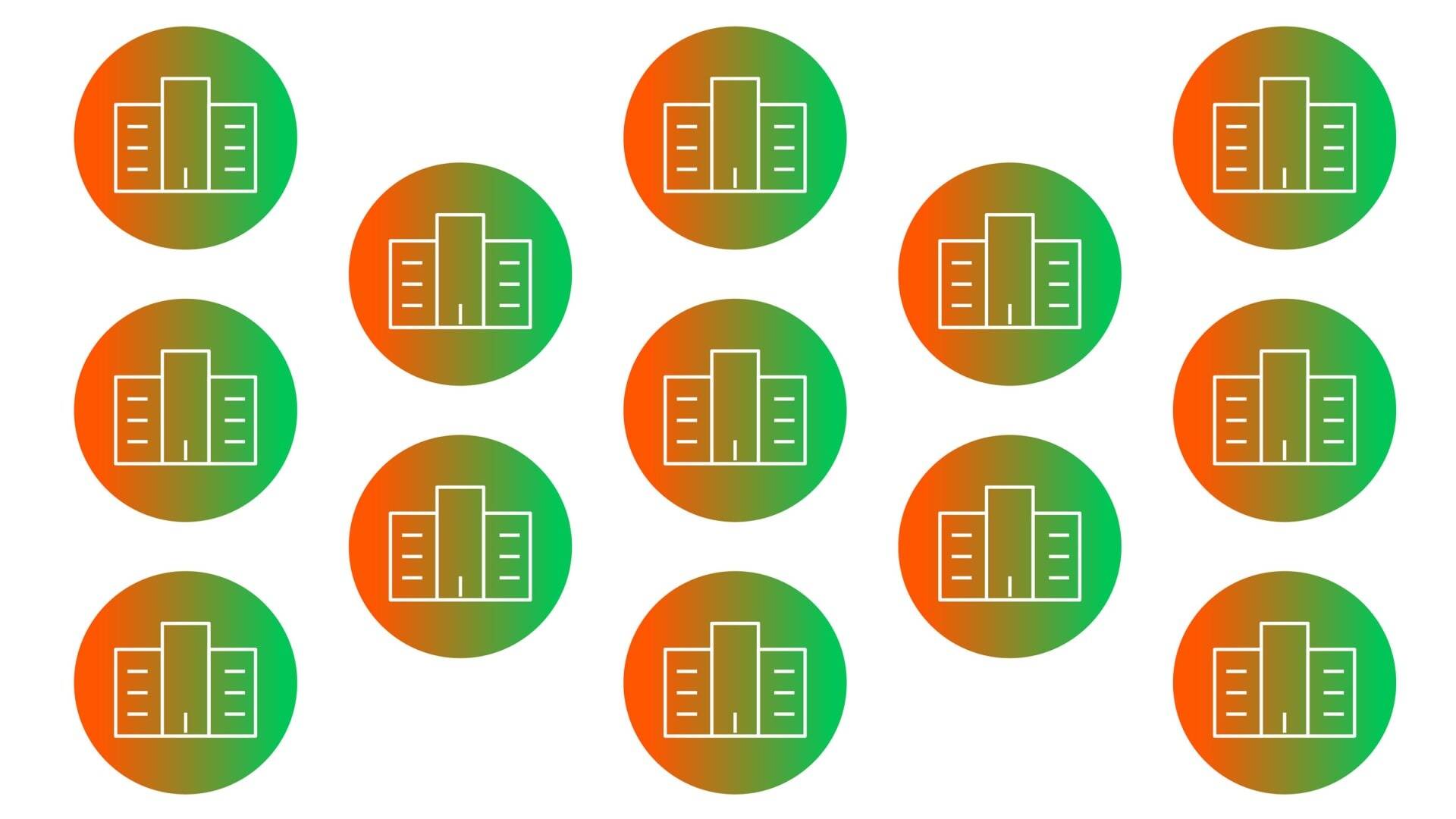- | 8:00 am
To fight burnout, companies are trying to give employees more time back
For employers looking to increase engagement, there are ways to make work more meaningful, and less frustrating.

Many organizations are asking employees to do more with less, leading to widespread burnout and disengagement.
According to a Gallup study, only one-third of American employees were engaged in their work in 2023, with the rest costing the nation’s economy approximately $1.9 trillion in lost productivity. According to a recent study conducted by insurance provider Aflac, 57% of American workers are experiencing at least moderate levels of burnout.
At a time when staffing shortages remain persistent, return-to-office mandates are on the rise, and so much of the workday is occupied by low-value tasks, it makes sense organizations are looking for creative ways to give staff more of their most valuable resource: time.
There are many factors that make time such a hot commodity among today’s workers, according to Ellen Ernst Kossek, a distinguished professor of management at Purdue University’s Mitchell E. Daniels Jr. School of Business. The most significant factor is of course the pandemic, which took so much of it away.
“Almost four years out and there’s still a hangover effect,” she says. “We’re having these battles now over going back to the office, and why is that? Because people discovered there was more to life than work, and companies have not figured out how to show concern for personal needs.”
Beyond the more recent pullback in employee autonomy and flexibility are the more foundational issues that have been gradually building for decades. That includes everything from the reduction of administrative staff to an aging population that is creating more caregiving responsibilities for working adults to a high job vacancy rate that is putting more pressure on individual contributors.
“People don’t know how to disconnect either, and bosses don’t always respect people’s personal time,” adds Kossek. “We’re in this world where what happens in non-work hours is increasingly connected to work, and vice versa, and we haven’t really figured out how to support people to be their best in either realm, or to be fully there.”
Not every organization is invested in supporting workers’ need to disconnect from work and have greater control over their own time, but those that do typically have fewer challenges related to burnout, retention, and disengagement, she says.
Several companies on Fast Company’s 2024 Most Innovative Companies list in the workplace category have found creative ways to save time. Shopify, for example, has canceled thousands of meetings and introduced a Meeting Cost Calculator to discourage unnecessary, time-consuming events. Others like ClickUp, Notion, and Clockwise are using AI and automation tools to cut down on low-value tasks—like scheduling meetings, taking notes, managing to-do lists, and overseeing projects—and help workers accomplish more, faster, and on their own schedules.
Some, like 4 Day Week Global, are taking an even more radical approach, championing an entirely new framework whereby staff are empowered to cut a full day from their workweek without a reduction in pay.
“Time is one of the biggest sources of work-life conflict,” Kossek says. “Companies have not traditionally seen work-life [balance] and personal well-being as a core business need for their leaders to manage, and it is part of the manager’s job now—it’s part of being an employer of choice, it’s part of the value proposition—and organizations [that ignore this need] will see workers vote with their feet.”
Additional reporting by Stav Ziv
Explore the full 2024 list of Fast Company’s Most Innovative Companies, 606 organizations that are reshaping industries and culture. We’ve selected the firms making the biggest impact across 58 categories, including advertising, artificial intelligence, design, sustainability, and more.






































